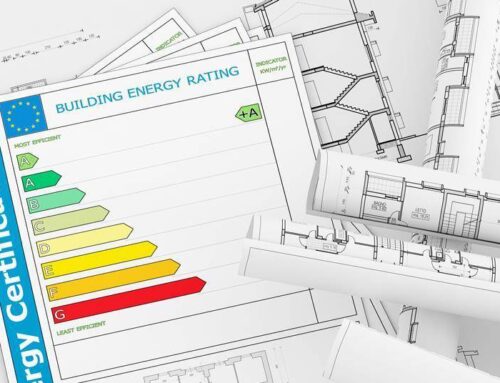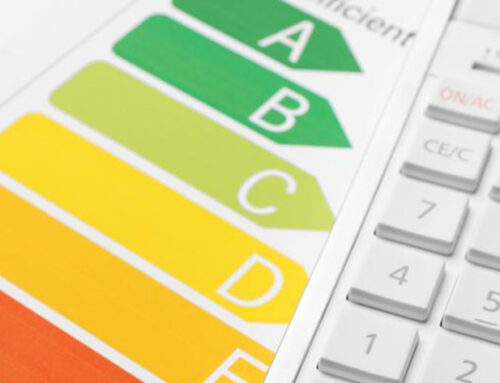
Landlords in the UK are required to have an Energy Performance Certificate (EPC) for their rental properties. This requirement is part of the energy efficiency regulations for the private rented sector. Here are some key points to know:
- EPC Requirement: As of April 1, 2008, landlords in the UK are required to provide an EPC to prospective tenants when advertising a property for rent. The EPC must be provided free of charge.
- EPC Display: Landlords are also required to make the EPC available to tenants once they move in. This means the tenant should be given a copy of the EPC at the start of their tenancy.
- Minimum Energy Efficiency Standards (MEES): In addition to the EPC requirement, since April 1, 2018, there are Minimum Energy Efficiency Standards (MEES) in place for rental properties in England and Wales. This means that properties must meet a certain energy efficiency rating (usually E or higher) to be legally rented out. If a property falls below this threshold, landlords are required to make energy-efficient improvements to bring the property up to the required standard.
- Exemptions: There are certain exemptions and exceptions to the MEES regulations, such as cases where energy-efficient improvements are not cost-effective or practical.
- Penalties: Failure to comply with the EPC and MEES regulations can result in financial penalties for landlords.
It’s important for landlords to ensure that they obtain and provide an EPC when advertising and renting out their properties, and to also be aware of the energy efficiency standards that apply to their properties under the MEES regulations. The specific requirements and regulations may evolve over time, so it’s a good idea to stay updated with the latest information from the UK government or relevant authorities.








